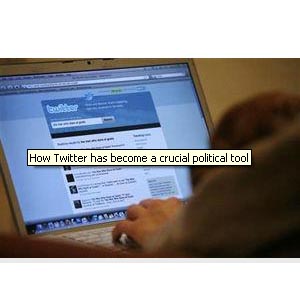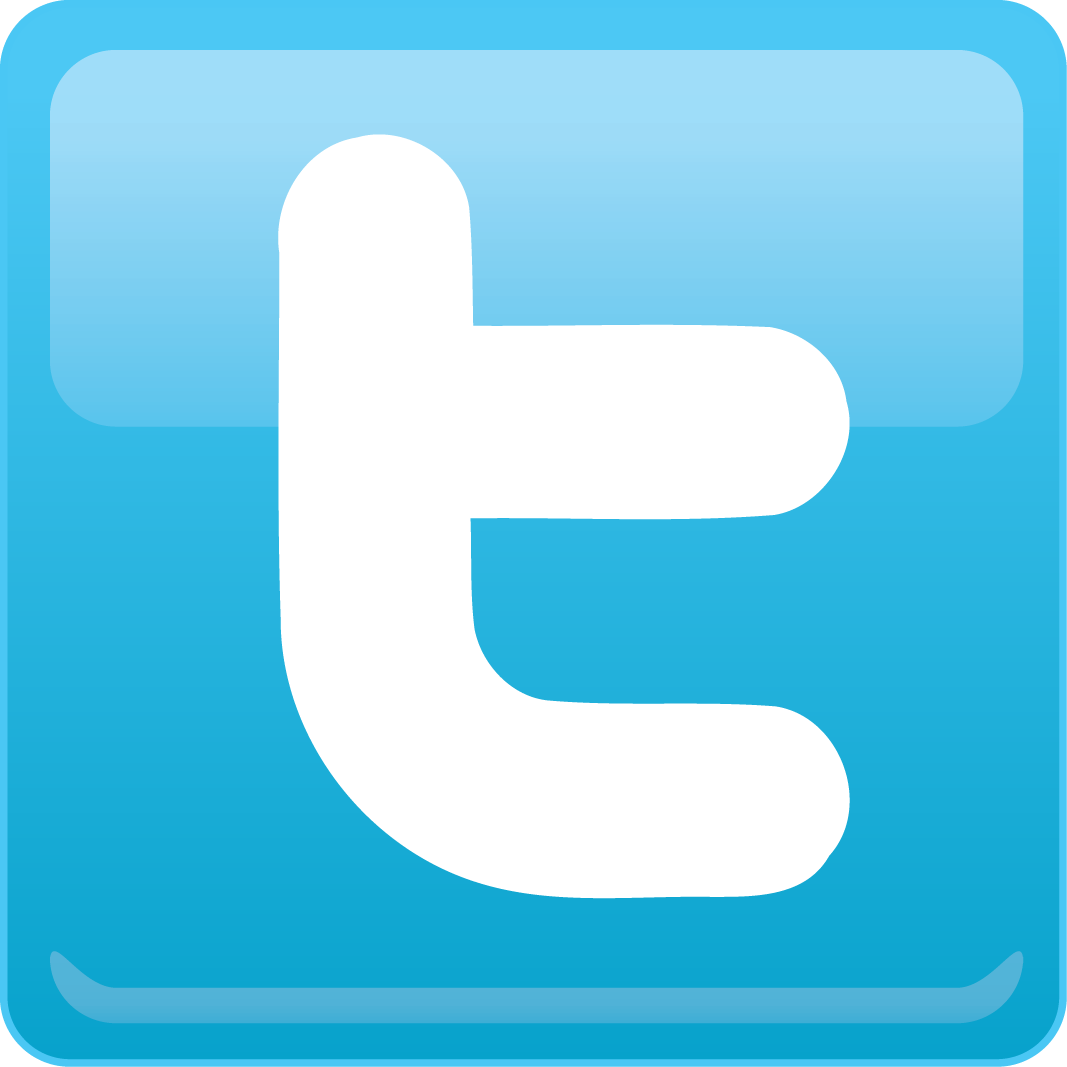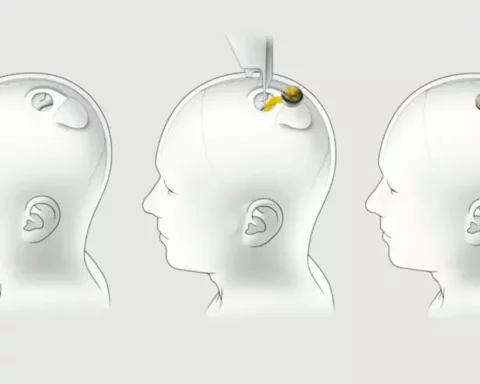 Presidents and prime ministers, South American strongmen and nearly the entire US Congress have used Twitter to press their political platforms. But has the blue bird helped — or muddled — their message?
Presidents and prime ministers, South American strongmen and nearly the entire US Congress have used Twitter to press their political platforms. But has the blue bird helped — or muddled — their message?
In the seven years since its creation, the micro-blogging service, which has announced it is planning an initial public stock offering, has become the indispensable tool for lawmakers and leaders as they seek to shape their country’s conversation.
Through it, they hope to release their message on their own terms — often unfiltered.
When US president Barack Obama, the politician with a record 36.5 million followers, decided to end the suspense and declare re-election victory last November over rival Mitt Romney, he bypassed traditional media and tweeted his “four more years” claim to the world.
It became the most re-tweeted post ever. Lawmakers of all stripes are embracing the digital technology, sending the news cycle into hyperdrive as they tweet out their policy positions, reactions to breaking news and events, and “selfie” photos with constituents — all in 140 characters or less.
Twitter has become the crucial real-time media service for legislative drives and political campaigns, coming into its own during the 2012 White House race.
Politicians “really don’t have a choice, they have to engage on Twitter,” said Marcus Messner, a professor at the School of Mass Communications at Virginia Commonwealth University.
Staying off Twitter means staying out of some of the most engaging political discourse with supporters, campaign strategists, other politicians and journalists.
Purely posting press releases will likely get you nowhere, Messner stressed.
“It’s important for politicians… to show a little bit of their personality.”
That is why Senator Chuck Grassley tweeting a photo of the “biggest pig” at the Iowa State Fair last month was the right move. “It shows a human side,” Messner said.
But the Twittersphere has rapidly dug some deep political trenches from which Democrats and Republicans are waging a fierce digital war.
US lawmakers are increasingly using Twitter to position themselves on issues like the debate over Syria, in which many expressed skepticism about Obama’s plan for military strikes over the regime’s apparent use of chemical weapons.
But Republican media consultant Rick Wilson said a growing few — notably freshman Senator Ted Cruz — are expertly framing their political image through Twitter.
Cruz’s stream of pin-pointed tweets is positioning him “as one of the leaders of the new conservative bloc in the Senate,” Wilson told AFP.
Cruz, widely seen as a potential 2016 presidential candidate, is targeting his tweets at “highly active, highly motivated, highly engaged conservative activists and voters all over the country,” Wilson said.
The phenomenon is growing internationally. Turkey’s President Abdullah Gul is one of the most followed politicians in the world with 3.6 million, while the country’s Prime Minister Recep Tayyip Erdogan has 3.1 million followers.
Both were eclipsed by Hugo Chavez, the Venezuelan president who died in March with more than 4.1 million Twitter followers.
Twitter was probably a challenge for the verbose Chavez, who often rambled on for five hours during official speeches, to compress his messages into 140 characters.
In Europe, some leaders have been slow to embrace the service. German Chancellor Angela Merkel has no Twitter account, leaving the job to her spokesman.
And French President Francois Hollande stopped tweeting in 2012, transferring the role to the Elysee palace.
Twitter’s rapid US rise has been adeptly embraced by lawmakers like Senator John McCain, who has the most followers of anyone in Congress. But it also led him into a stumble.
Early this year McCain drew fire when he compared then Iranian president Mahmoud Ahmadinejad to a monkey that Iran had launched into space.
No lawmaker has crashed and burned as spectacularly as congressman Anthony Weiner, who resigned after tweeting photos of his crotch.
The widely ridiculed flame-out became a cautionary tale for politicians eager to show their personal side on Twitter.
Britain’s David Cameron was among those who braced against what he called the “instantness” and early use of Twitter as a political tool, famously telling a radio show in 2009, when he was leader of the opposition, that “too many twits might make a twat.”
But the now prime minister, who has since joined Twitter and has 446,000 followers, acknowledged the benefit in boiling down a political message into a short sentence or two.
“You have to work at communicating something complicated in a simple way, otherwise you’re not going to take people with you,” Cameron said.









